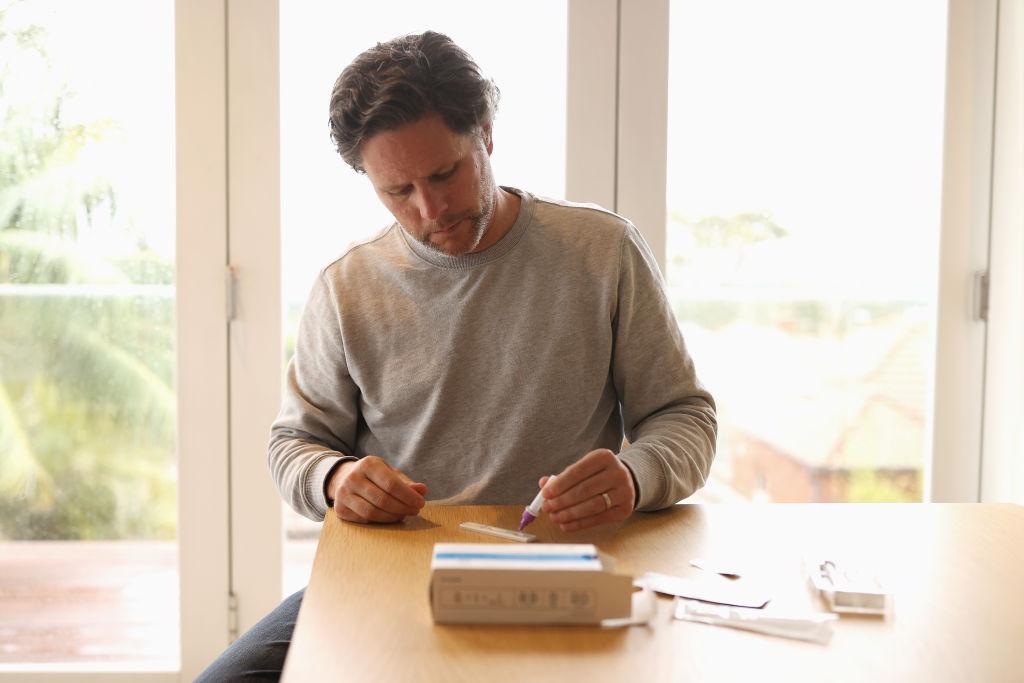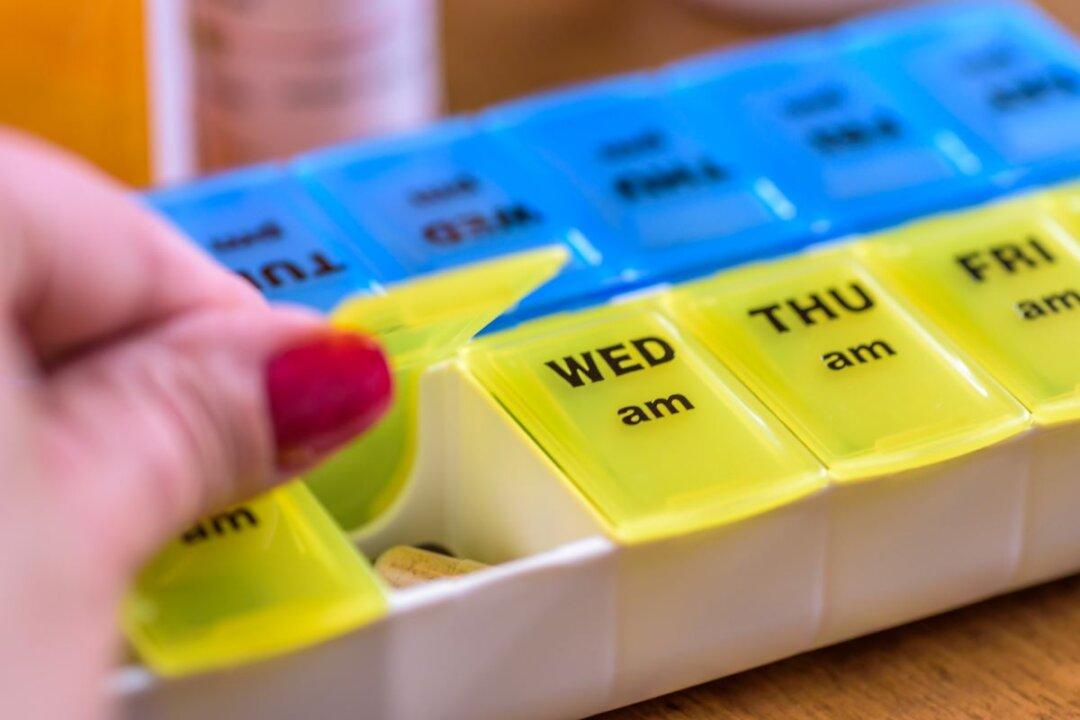More Australians believe the government should provide free COVID-19 rapid antigen tests (RAT), according to a recent survey by the Australia Institute, a public policy think tank based in Canberra.
The survey, which polled a representative sample of 1,000 Australians between Jan.11 and 14, found that 72 percent of respondents believed RATs should be distributed free of charge, while 16 percent believe that retailers should continue to sell the product.





